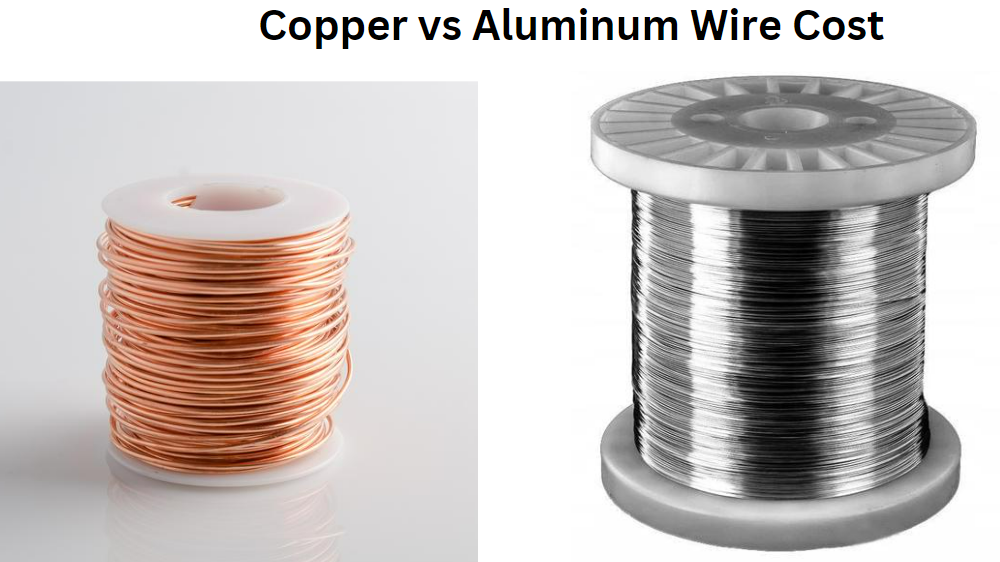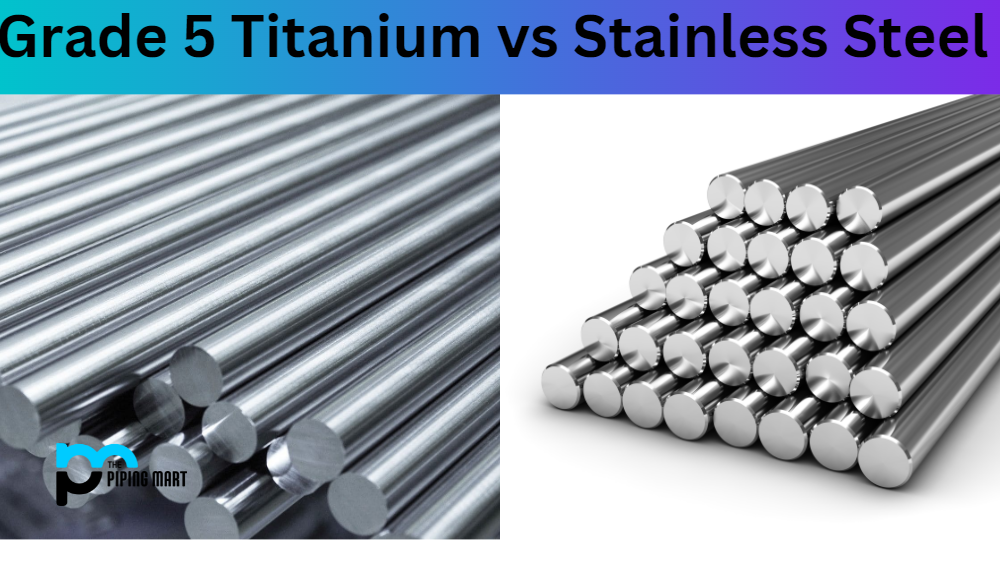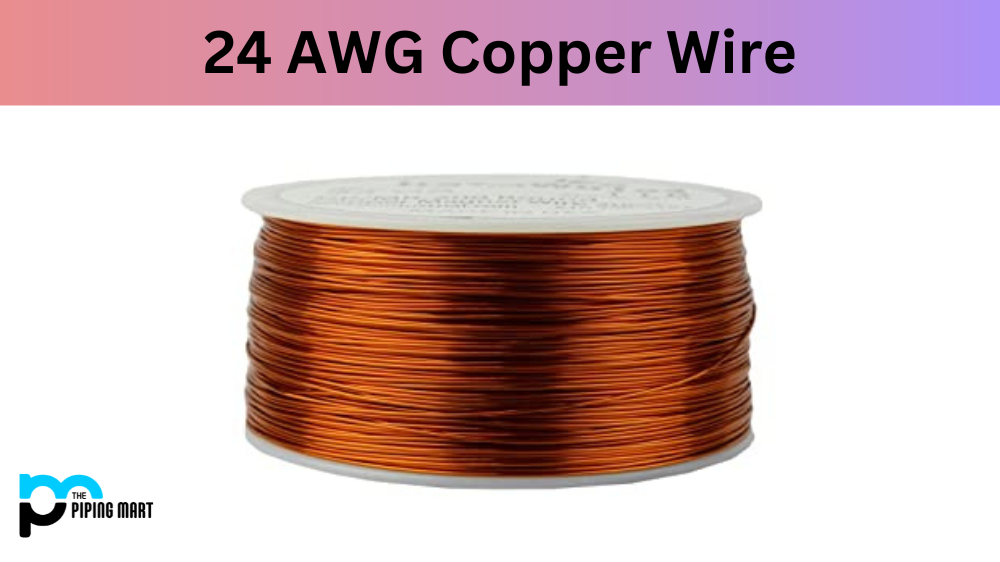When it comes to wiring projects, there is no one-size-fits-all solution. Different wiring projects require different types of wire materials for optimal results. Two of the most popular materials used in wiring are copper and aluminum. Depending on the type of project you are undertaking, both copper and aluminum wires may be suitable. In this blog post, we will explore the cost differences between the two materials so that you can make an informed decision when selecting the suitable material for your project.
Copper Wire Cost
Typically, copper wire costs more than aluminum wire. This is due to a few factors, such as copper’s higher conductivity than aluminum and its greater availability in certain regions. Copper wire also tends to be soft and malleable, which makes it easier to work with; however, this also makes it prone to kinking or warping if handled without care during installation. The price range for copper wire typically varies from $0.50 per foot for 12 gauge solid core up to $2 per foot for 6 gauge stranded core wire.
Aluminium Wire Cost
Aluminum wire is much less expensive than copper wire due to its lower conductivity and higher availability in certain regions around the world. Aluminium is also quite rigid, making it sturdier than copper during installation but more difficult to work with since it cannot be bent into tight shapes like copper can. The price range for aluminum wire typically varies from $0.25 per foot for 12 gauge solid core up to $1 per foot for 4 gauge stranded core wire – almost half the cost of comparable sizes of copper wire!
Difference Between Copper and Aluminium Wire Cost
Electrical Conductivity
The primary difference between copper and aluminium wire is their electrical conductivity. Copper is a much better conductor of electricity than aluminium, meaning it can carry more current for the same size wire. This makes copper an ideal choice for high-voltage applications, such as transmission lines.
Weight
Copper wire is also heavier than aluminium wire, making it less suitable for applications where weight is a concern, such as overhead power lines or long-distance transmission lines. Aluminium is much lighter than copper, making it easier to transport and install in these types of applications.
Corrosion Resistance
Finally, copper has superior corrosion resistance compared to aluminium. This means that copper wires are less likely to corrode over time, which can cause problems with electrical connections and create safety hazards if not addressed properly. Aluminium wires are more susceptible to corrosion due to their lower resistance to oxidation when exposed to air or moisture
Conclusion:
Understanding the cost differences between copper and aluminium can help you decide when selecting the suitable material for your wiring project needs. Copper has higher conductivity but costs more, while aluminum has lower conductivity but costs less – great options depending on your budget and project requirements! For electricians, home DIYers, engineers, or anyone looking for quality wiring materials at a reasonable price point – exploring both options is always a good idea!

A passionate metal industry expert and blogger. With over 5 years of experience in the field, Palak brings a wealth of knowledge and insight to her writing. Whether discussing the latest trends in the metal industry or sharing tips, she is dedicated to helping others succeed in the metal industry.




